Research and publish the best content.
Get Started for FREE
Sign up with Facebook Sign up with X
I don't have a Facebook or a X account
Already have an account: Login

 Your new post is loading... Your new post is loading...
 Your new post is loading... Your new post is loading...
|
|



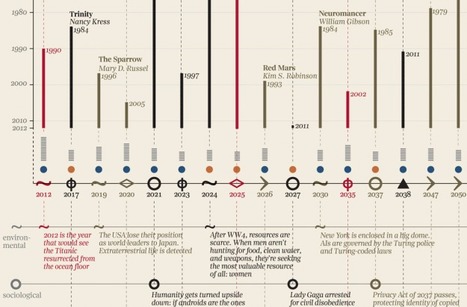

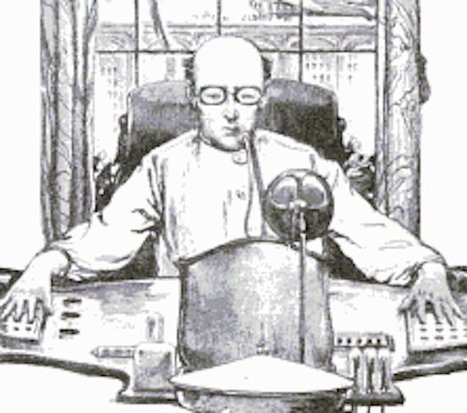
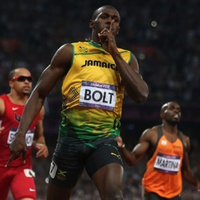




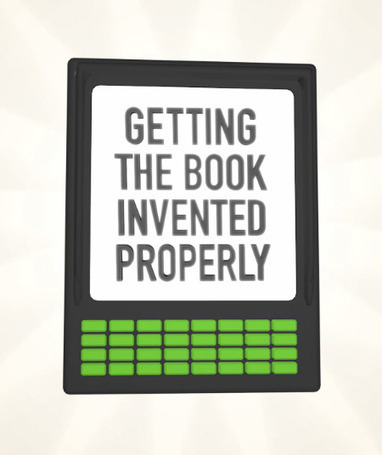
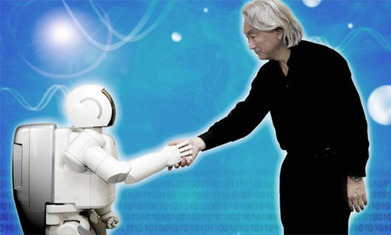
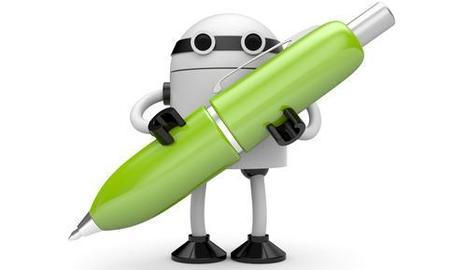
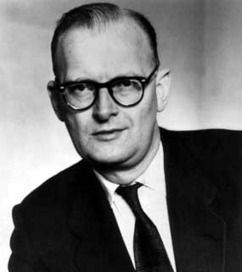

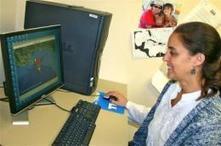
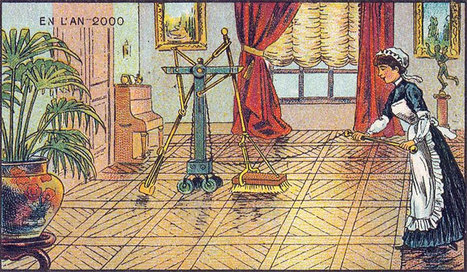

![1 In 10 People Believes The World Will End In 2012 [Infographic] | Science News | Scoop.it](https://img.scoop.it/E7AtVa-TdNQbqEfSzXgFjzl72eJkfbmt4t8yenImKBVvK0kTmF0xjctABnaLJIm9)

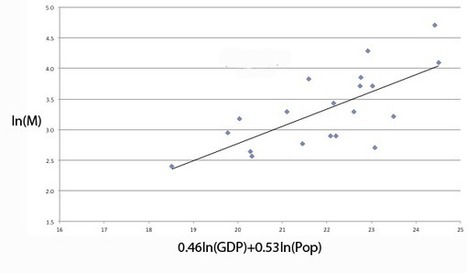
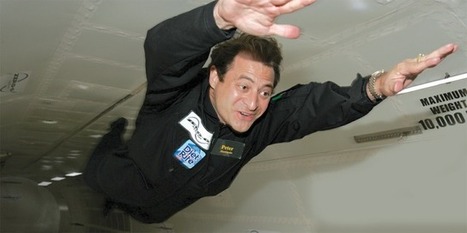
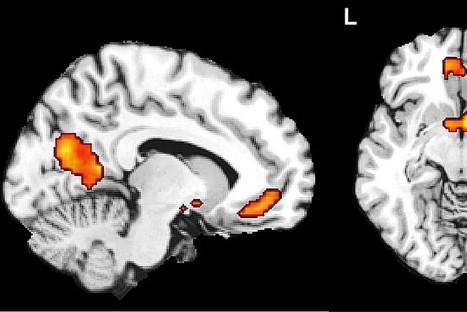



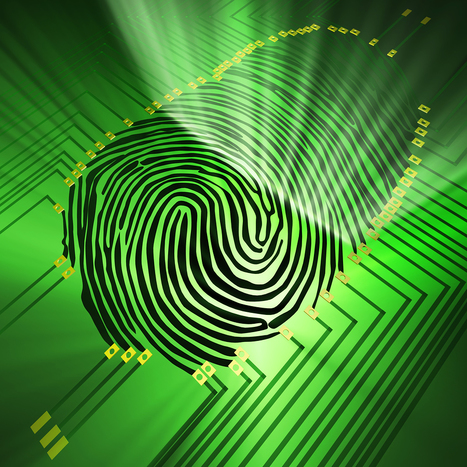






As told by Arthur C. Clarke's 1990 novel The Ghost from the Grand Banks, 2012 is the year that would see the Titanic resurrected from the ocean floor. But the year is now 2012, and the Titanic continues to sit 12,000 feet below the ocean surface, rusting more with every passing year (indeed, it's predicted here that by 2045, only the hull will remain). The likelihood that any of us will live to see a resurrected Titanic outside a James Cameron movie now seems very slim.